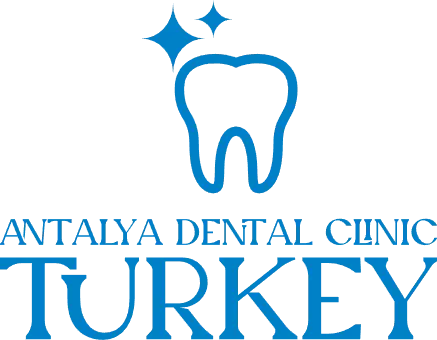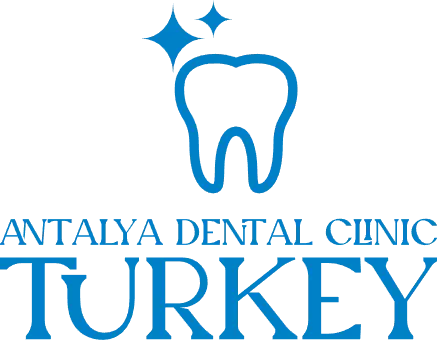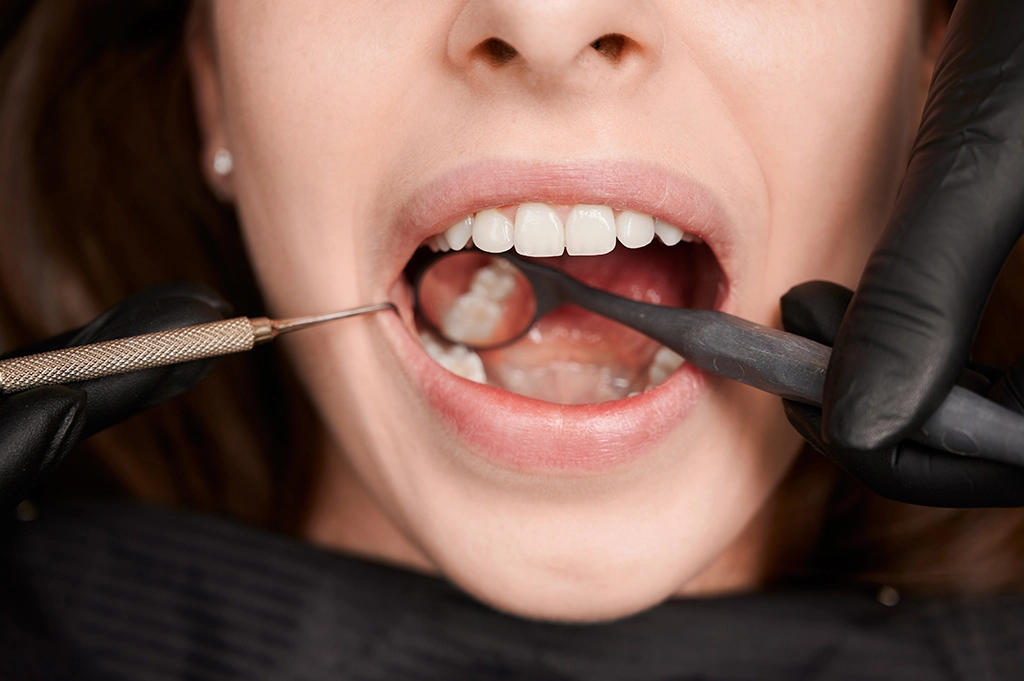Cost & Treatment Packages 6 min read
Discover everything you need to know about the cost of tooth removal in the UK with our comprehensive guide. This article explores the factors influencing prices, compares NHS and private options, and offers practical advice to help you make informed decisions about dental care. Gain valuable insights to navigate your dental treatment options confidently and affordably.
Understanding Tooth Removal in the UK
Tooth removal, also known as dental extraction, is a common dental procedure performed to remove a tooth from its socket in the jawbone. There are different types of tooth removal procedures, primarily classified into simple extractions and surgical extractions. Simple extractions are performed on teeth that are visible and easily accessible, usually under local anesthesia. Surgical extractions involve more complex procedures, often requiring incisions and removal of surrounding bone, typically used for impacted or problematic teeth such as wisdom teeth.
Common reasons for tooth extraction include severe tooth decay, infection, orthodontic purposes, or impaction—particularly with wisdom teeth. Decay caused by tooth decay or trauma can weaken the tooth structure, making removal necessary to prevent further complications. Infections that do not respond to root canal treatment or antibiotics may also necessitate extraction. Additionally, orthodontic treatment might require removal of certain teeth to create space for realignment.
Before proceeding with tooth removal, a professional dental assessment is essential. Dentists evaluate the condition of the tooth and surrounding tissues, consider the patient’s overall health, and discuss the most appropriate treatment options. This ensures that the procedure is safe and tailored to individual needs, minimizing risks and optimizing outcomes.
Factors Influencing the Cost of Tooth Removal in the UK
Several factors impact the overall cost of tooth removal in the UK, making prices vary widely depending on individual circumstances:
- Type of extraction required: Simple extractions tend to be less expensive than surgical procedures. Surgical extractions, especially for impacted or problematic teeth, involve more complex techniques and equipment, thus adding to the cost.
- Location of the dental practice: Urban areas like Manchester, particularly around Barlow Moor Road Manchester or at prominent clinics such as Atlas House King Street, often have higher prices compared to rural or less populated regions. For example, dental practices in central London or near Abbey Road Studios may charge a premium.
- Dentist’s experience and specialization: Highly experienced dentists or specialists may charge higher fees, reflecting their expertise and the complexity of the procedure.
- Complexity of the case: Impacted wisdom teeth, presence of infection, or other complications increase the complexity, thereby adding to the cost. For instance, problems with wisdom teeth often require surgical removal, which is more costly.
- Use of anesthesia or sedation: Local anesthesia is standard, but sedation or general anesthesia, especially for anxious patients or complex cases, can significantly increase the cost.
- Additional treatments or aftercare: Post-procedure care such as antibiotics, pain management, or follow-up visits contribute to the total expense. The need for additional procedures or complications can also influence the overall add cost.
Comparing NHS and Private Tooth Removal Costs in the UK
The UK offers both NHS dental services and private options for tooth removal, each with distinct pricing structures and considerations.
NHS Dental Services and Eligibility
NHS dental services are accessible to most residents, but eligibility criteria may vary. Patients must register with an NHS dentist and meet certain conditions to qualify for NHS treatment. The NHS aims to keep dental care affordable, with standardized band treatment charges.
Typical NHS Costs for Tooth Extraction
In the NHS, tooth extraction falls under Band 2 treatment, which generally costs around £65.20 (as of the previous financial year), covering procedures like simple extractions. More complex surgical extractions may be classified under Band 3, costing approximately £282.80, which includes additional treatments such as crowns or root canal work.
Private Dental Options and Pricing
Private dental practices offer more flexibility and often shorter waiting times. The average cost of dental procedures like tooth removal privately can range from £150 to over £300, depending on the complexity. For example, removing impacted wisdom teeth or performing surgical extractions may cost significantly more.
Pros and Cons of NHS vs. Private Care
- NHS care is more affordable but may involve longer waiting times and limited appointment availability. It is suitable for straightforward cases and those on a tight budget.
- Private care offers quicker access, personalized treatment options, and potentially more advanced techniques, but at a higher cost.
Factors Influencing Choice
Patients often consider urgency, the complexity of their case, and personal preferences when choosing between NHS and private care. For example, individuals with problems wisdom teeth or requiring specialized procedures might opt for private treatment for faster service.
Accessing NHS Dental Services
To access NHS dental services, patients should register with an NHS dentist. Waiting times can vary, and some practices may have long queues, especially in busy urban areas like Manchester or near iconic locations such as Abbey Road Studios.
Practical Guidance for Managing Tooth Removal Costs
Managing dental costs effectively requires strategic planning:
- Tips for reducing costs: Opt for NHS treatment when appropriate, and ensure that the procedure is necessary before proceeding. Regular dental checkups can prevent problems that lead to costly extractions.
- Insurance options: Dental insurance plans or private health insurance may cover some or all of the costs associated with tooth removal. It’s advisable to review policy details, including coverage for procedures like the armed forces compensation scheme or other specialized schemes.
- When to consider private treatment: If you require urgent care, have complex problems such as wisdom teeth impaction, or seek specific sedation options, private treatment might be preferable.
- Financial preparation: Budget for dental procedures by saving in advance or exploring payment plans offered by dental clinics. Some practices may accept bank building society details or offer installment options.
- Postextraction costs: Aftercare, including medications like antibiotics or painkillers, can add to the total expense. Follow your dentist’s instructions carefully to avoid complications.
- Recognizing complications: Signs such as persistent pain, swelling, or bleeding warrant prompt follow-up care. Early intervention can prevent further problems and additional costs.
Additional Considerations and Resources
- Finding reputable dental practitioners: Use trusted directories or recommendations to locate qualified dentists in the UK, especially in areas like Barlow Moor Road Manchester or at established clinics such as Atlas House King Street.
- Questions to ask your dentist: Clarify costs, procedures, anesthesia options, and post-treatment care. Request detailed quotes and understand the billing process.
- Understanding billing and quotes: Always seek written estimates before treatment. Be aware of potential additional charges for complications or extra procedures.
- Financial assistance and NHS funding: Explore NHS funding options, community dental schemes, or charitable organizations that support dental care costs.
- Preventive measures: Regular brushing, flossing, and dental checkups can prevent tooth decay and problems wisdom teeth, reducing the need for extractions.
Conclusion
The cost of tooth removal in the UK varies based on multiple factors, including the type of extraction, location, and complexity of the case. While NHS dental services provide affordable options, private care offers speed and specialization at a higher price. It is crucial to consult qualified dental professionals to assess your specific needs and make informed decisions. Balancing cost, quality, and urgency ensures that you prioritize your oral health effectively. Remember, maintaining good dental care habits and seeking timely treatment can prevent unnecessary extractions and associated expenses, ultimately supporting your overall well-being.


